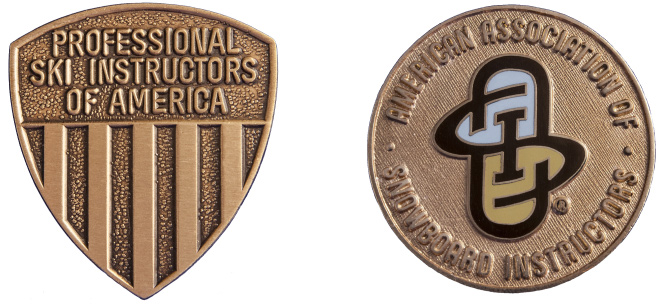[fusion_builder_container type=”flex” hundred_percent=”no” equal_height_columns=”no” menu_anchor=”” hide_on_mobile=”small-visibility,medium-visibility,large-visibility” class=”” id=”” background_color=”” background_image=”” background_position=”center center” background_repeat=”no-repeat” fade=”no” background_parallax=”none” parallax_speed=”0.3″ video_mp4=”” video_webm=”” video_ogv=”” video_url=”” video_aspect_ratio=”16:9″ video_loop=”yes” video_mute=”yes” overlay_color=”” video_preview_image=”” border_color=”” border_style=”solid” padding_top=”” padding_bottom=”” padding_left=”” padding_right=””][fusion_builder_row][fusion_builder_column type=”1_1″ layout=”1_1″ background_position=”left top” background_color=”” border_color=”” border_style=”solid” border_position=”all” spacing=”yes” background_image=”” background_repeat=”no-repeat” padding_top=”” padding_right=”” padding_bottom=”” padding_left=”” margin_top=”0px” margin_bottom=”0px” class=”” id=”” animation_type=”” animation_speed=”0.3″ animation_direction=”left” hide_on_mobile=”small-visibility,medium-visibility,large-visibility” center_content=”no” last=”true” min_height=”” hover_type=”none” link=”” border_sizes_top=”” border_sizes_bottom=”” border_sizes_left=”” border_sizes_right=”” first=”true”][fusion_text]
Interski 2023: Takeaways from Bulgaria and Belgium
Held every four years, Interski brings instructors together from around the world. The event offers a valuable educational opportunity for snowsports educators to share their innovations and core beliefs. It gives PSIA-AASI, through its national team, a chance to compare the American Teaching System with the educational approaches of other countries and bring home ideas that help PSIA-AASI members improve and evolve.
Here, PSIA Alpine Team members Joshua Fogg and Kevin Jordan share their takeaways from the individual presentations they attended from Bulgaria and Belgium.
Joshua Fogg
Bulgaria’s presentation was titled “Optimizing the Methodology of Teaching Alpine Skiing for Beginners.”
- Bulgaria’s research over the past three years shows that teaching vertical movements as an integral part of a beginner lesson could replace teaching lateral balance and rotational control.
- Their research showed that a child’s ability to balance was affected by the development of their eyesight. Most children’s eyesight doesn’t fully develop until seven-to-eight years old.
- De-emphasizing vertical movements and focusing on lateral and rotational movements is less tiring for beginners.
Much of their research used VR (virtual reality) goggles and force plates. I appreciated the reinforcement of how a child’s visual maturity affects their balance and ability to learn how to ski. As snowsports instructors, teaching children is as much about teaching them movements for life as it is teaching them to ski.
Kevin Jordan
Belgium’s indoor lecture focused on e-learning. Kevin’s top takeaways:
- Belgium highlighted some different tactics to create more compelling presentations for both e-learning courses and webinars.
- During COVID, Belgium, like other snowsports countries, learned how critical online teaching skills are to connect with instructors and help them develop professionally.
- The evolution of our ability to connect virtually provides a new opportunity for continued teamwork when we can’t meet in person.
Different presentations require different tactics. Webinars benefit from a focused presentation, good audio, fonts and slides to visually support the presentation, and opportunities for the participants to discuss the presentation and interact with others. E-Learning courses need to focus on specific teaching tactics or training tips, with accompanying videos and questions to keep the audience involved, as these learning supplements may be accessed by instructors any time of year.
[/fusion_text][/fusion_builder_column][/fusion_builder_row][/fusion_builder_container]

